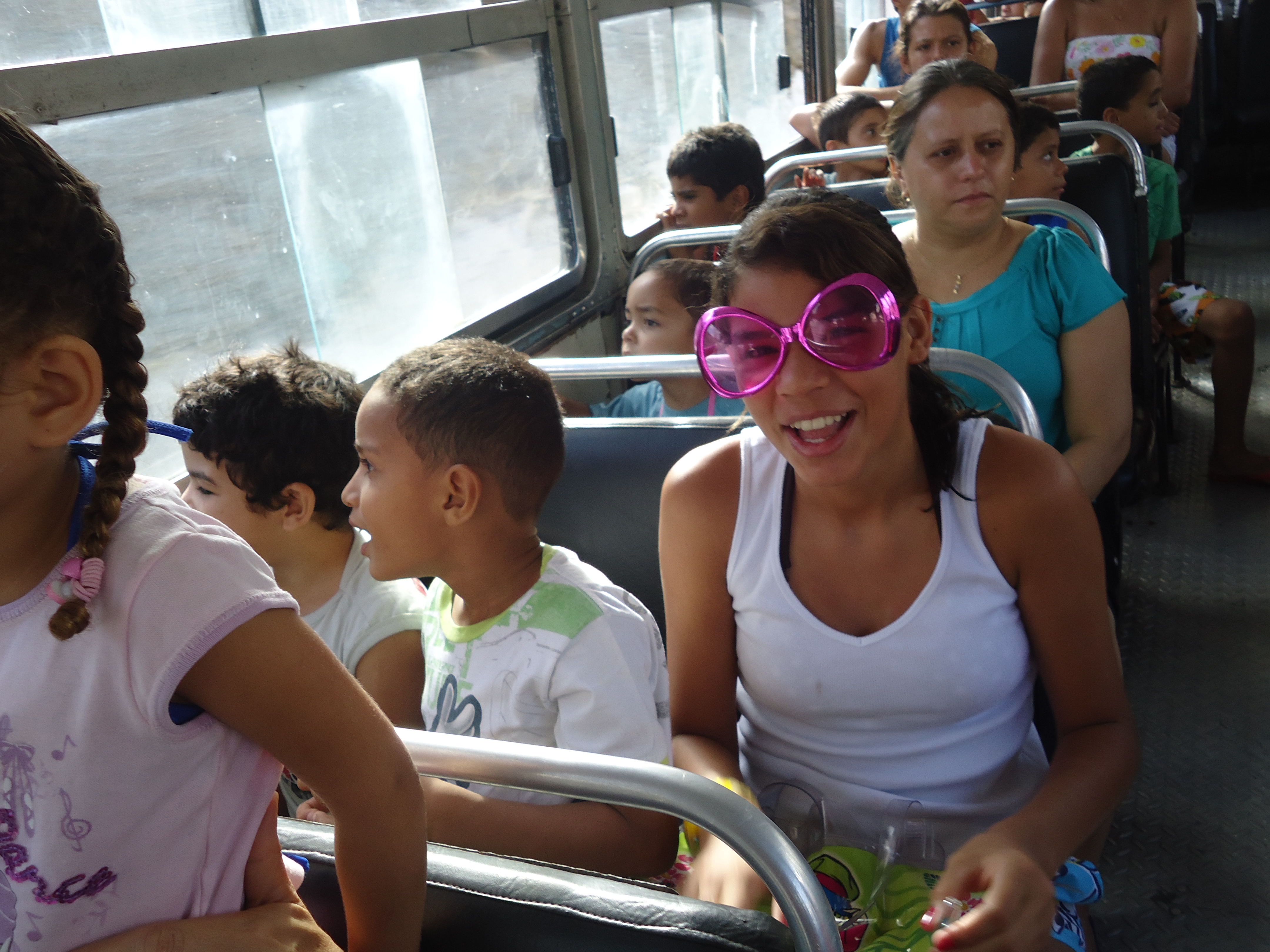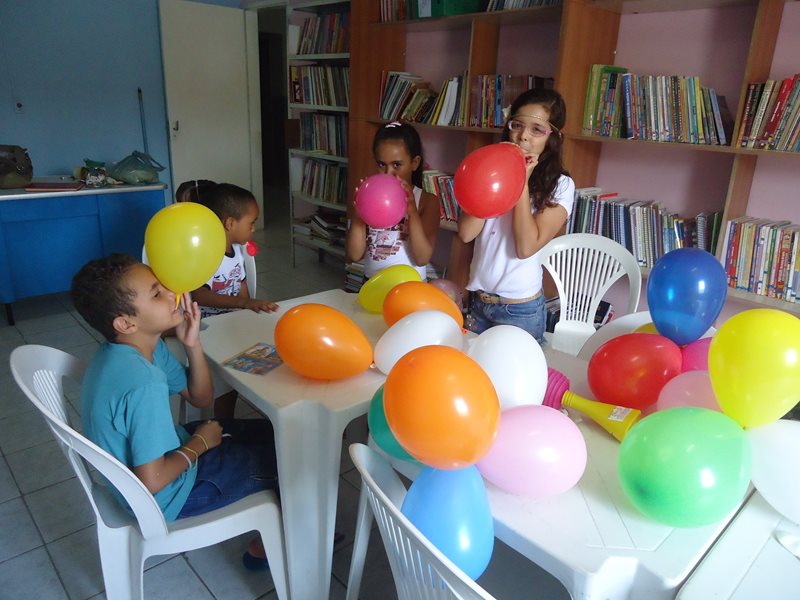Life is improving in one of Brazil’s poorest states, but progress is slow
.jpg?width=800)
The SOS Children’s Village Caicó (previously known as SOS Children’s Village Rio Grande do Norte) is located in Caicó, a municipality of around 66.000 inhabitants in the Rio Grande do Norte state in north-eastern Brazil. The climate of the region is very hot and dry with frequent periods of drought. Commerce and the service industry make up the bulk of the economy. In Rio Grande do Norte state, subsistence farming is the main agricultural activity in rural areas. With 410 km of beaches, tourism is also an important pillar of the economy.
Rio Grande do Norte has historically been one of the poorest regions of Brazil. The “Bolsa Familia” family aid package introduced by the Lula government has contributed to alleviating hardship here: some 340,000 families in the state now receive some form of assistance. However, 400,000 people still live in conditions of extreme poverty, meaning they are unable to meet basic needs such as food or sanitation.
Young mothers and children who have lost parental care need support
As is often the case, children are most severely affected by these precarious conditions. In Brazil, 50.3 per cent of children under the age of 17 are poor, but here in Rio Grande do Norte, it is a shocking 66.4 per cent. This means that thousands of children grow up in an environment where their safety and their healthy physical and psychological development cannot be guaranteed. In the worst cases, a family’s difficult socioeconomic situation can lead to children being abandoned.
Here in the north-east 25.1 per cent of babies are born to teenage mothers. When these young girls come from a disadvantaged background, they may lack education and opportunities to generate income and hence be unable to provide for their child. Often, it is hard for single mothers to find work as they have no one to look after their children. Less than half of children under the age of six attend some form of preschool or day-care.
What we do in Caicó

SOS Children’s Village Caicó began its work in Caicó in 1978.
Strengthening families: The SOS Family Strengthening Programme provides much needed support to families who are at risk of breaking down. We aim to reach out to those who are especially vulnerable. We ensure that they have access to services and that children go to school. We also run a community centre which offers day care for children, training (for parents to make some income) and activities (such as sport lessons).
Care in families: For children from the area who are no longer able to live with their parents, SOS families can provide a loving home. In each family, the children live with their brothers and sisters and are affectionately cared for by their SOS parent . Some families live in houses integrated into the neighbourhood, and all children attend the local schools and this way they are part of the community. When the children grow older, we give them training and advice so that they can find a job.
Support for young people: Qualified counsellors support young people while they pursue further education or vocational training, some of which is delivered by SOS Children’s Villages. Young people learn to take responsibility, plan their future and prepare for independent adult life.
Support to refugees: The Emergency Programme assists Venezuelan refugees who have arrived in Brazil. We give families a range of assistance that can include temporary shelter at the village. At the same time, we make sure that they have food, water and sanitation. We also ensure that they have access to health care, and that children can go to school.